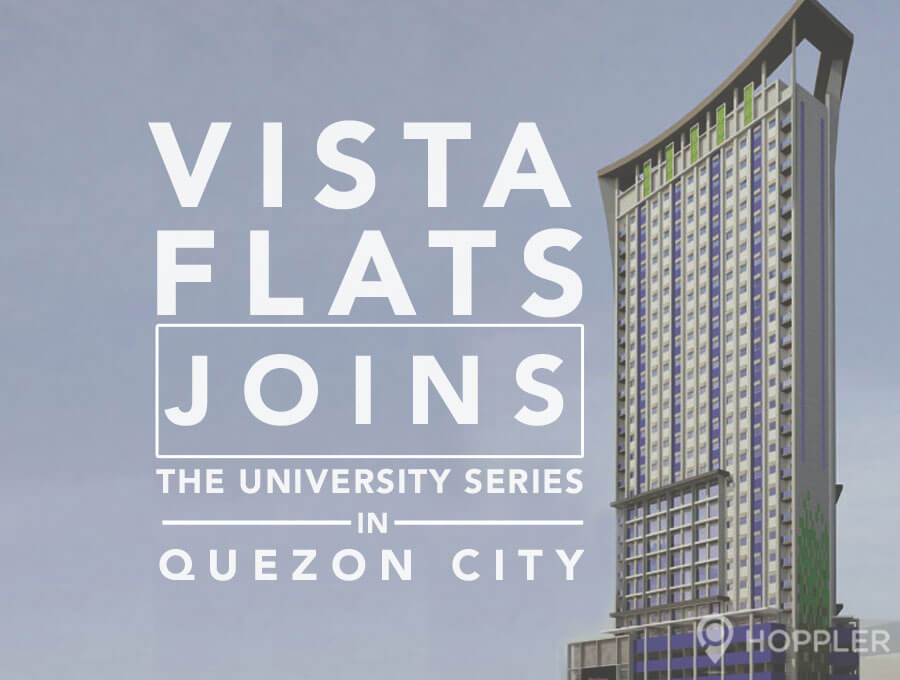Meeting the Demand for Low Cost Housing in the Philippines
It is a known fact that decent housing is among the basic needs of the poor living in urban areas. A shelter mirrors the dignity of a person and that’s what makes it a more precious possession. Because of this, the demand for low cost housing is steadily increasing. The demand can only be met when both the private sector and the government provide the much-needed supply. According to the National Urban Development and Housing Framework 2009-2016 study, the housing backlog is estimated to “reach 5.8M housing units in 2016”. The enormity of the housing problem is “serious and is a largely an urban phenomenon”. In Metro Manila alone, “the total backlog was projected to reach 496,928 housing units.”
Amidst this deficit, the strong demand continues to anchor the real estate industry and dispel signs of a bubble. To encourage more players to fill in the gap, the government is relying on the Urban Development and Housing Act of 1992 or RA 7279. The law mandates property developers to “allot 20% of either the total area or total cost of their housing projects for socialized and mass housing.”
And one of the leading property developers in the country that is willing to provide a fraction of the supply is DMCI Homes. For next year DMCI Homes is allotting P20 billion for housing projects that will target the mass housing sector. The property development arm of the Consunji Group’s DMCI Holdings foray into the mass housing sector is part of its expansion efforts. Currently, DMCI’s offerings only include mid to high-rise residential units.
These set of new housing projects is targeted at the lower income segment. Residential units have selling prices ranging from P500,000 to P1.5M. For its first mass housing project, DMCI revealed that it will be using a 30-hectare property that is located “outside Metro Manila” but within Luzon. The company will be launching P60B worth of 12 projects for 2016 resulting to 15,000 units built.
Another property developer ready to take on the same challenge is 8990 Holdings Inc which will build 11,000 residences, with 1,800 units in Cebu. Its president and CEO Januario Jesus Gregorio B. Atencio III believes that “if the housing backlog is growing at 5% or 250,000 units. We are supplying 11,000 (units), so we are like solving 20% of the housing backlog.”
He cites that the gradual increase in purchasing power of the younger generation helps drive this demand. He sees that the challenge in catching up with the demand lies in improving the ability of potential buyers to purchase them. Primarily concentrating its resources on mass housing projects outside Metro Manila, like Cebu and Davao.
The publicly listed developer currently has nine housing projects earmarked for launching this year, totaling 4,486 units amounting to P4B. These nine projects are distributed across the country from Cavite and Muntinlupa to Cebu, Iloilo and Davao. The company has 10 ongoing projects which are expected to provide 6,598 units. Deca Homes in Tisa, Cebu City and Tipolo, Mandaue City are among its 10 projects. The company built over 15,000 mass houses in Cebu in previous years. Those costing a maximum of P1 M are part of mass housing.
Thus, developers are bound to find alternatives and help homebuyers acquire shelter. “Housing finance is always an issue. To help solve the housing backlog, there has to be more funds, Pag-IBIG is not enough.” He believes that there will come a time when buyers won’t be able to take loans from the banks as banks would not lend anymore because of the single borrowers limit.
8990 Holdings Inc is strategically positioned as it has “two unique selling positions.” It can build the houses quickly that are very affordable with in-house financing programs at about 8.5% payable in 25 years. The market doesn’t have much savings. So I am being realistic,” says Atencio. “After Pag-IBIG tightened its requirements, we were able to come up with a financing package that looked like a Pag-IBIG loan.”
Atencio says that by offering units that fit the earning and spending capacity of the middle class he gets to help Filipinos achieve their dream house. For example, 8990 Holdings requires a down payment of only P20,000, and not the usual 20%. Homebuyers are not given a 20% equity requirement so as not to over burden them to pay both rent and mortgage.
Cover photo courtesy of www.canadianinquirer.net



